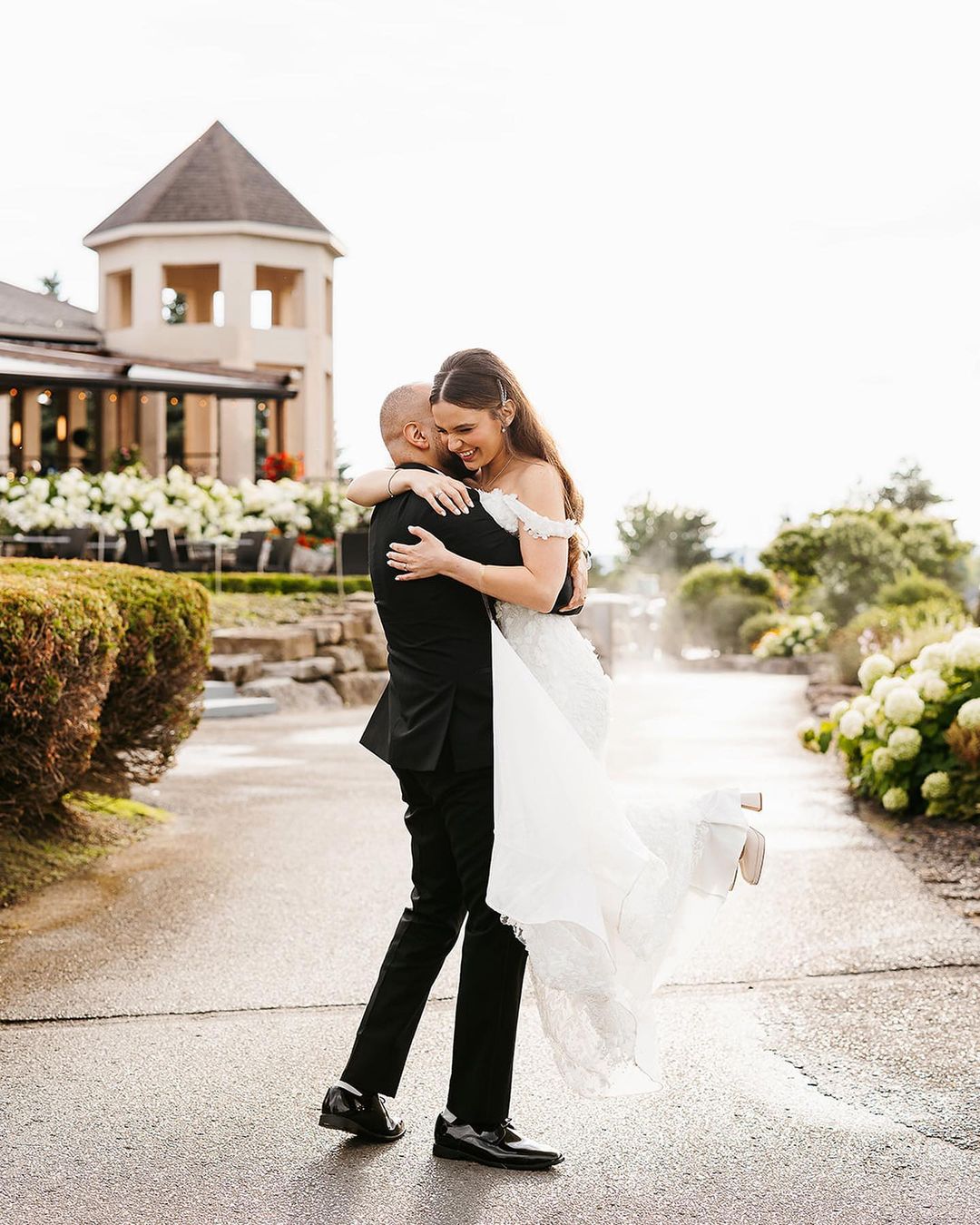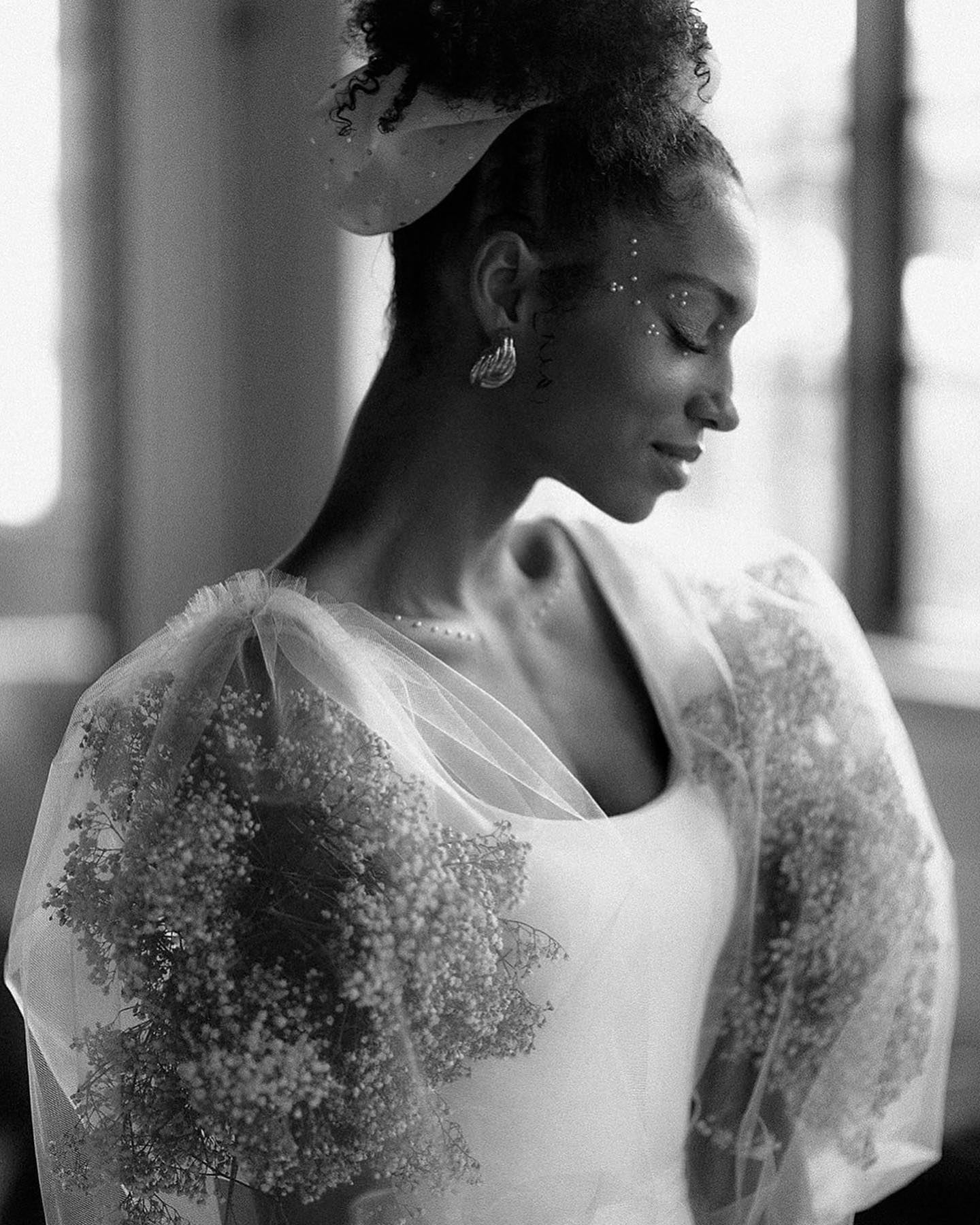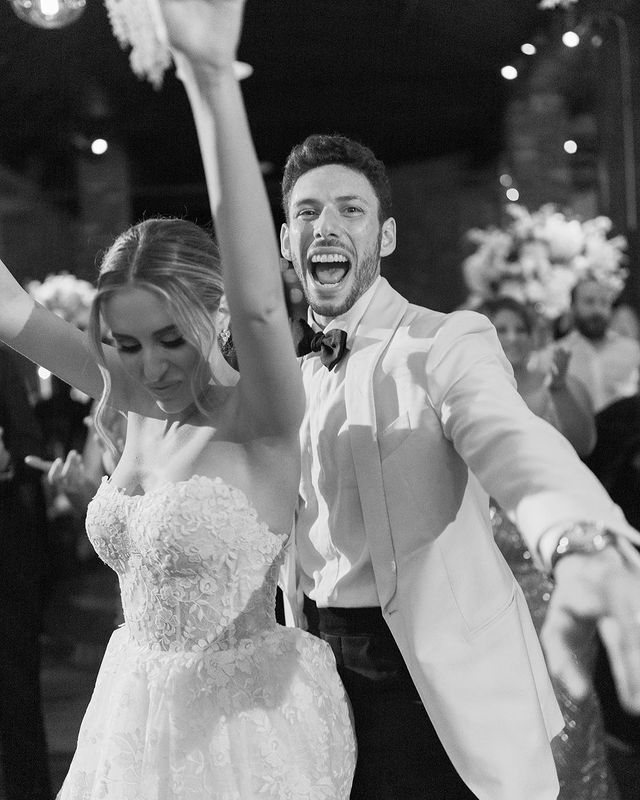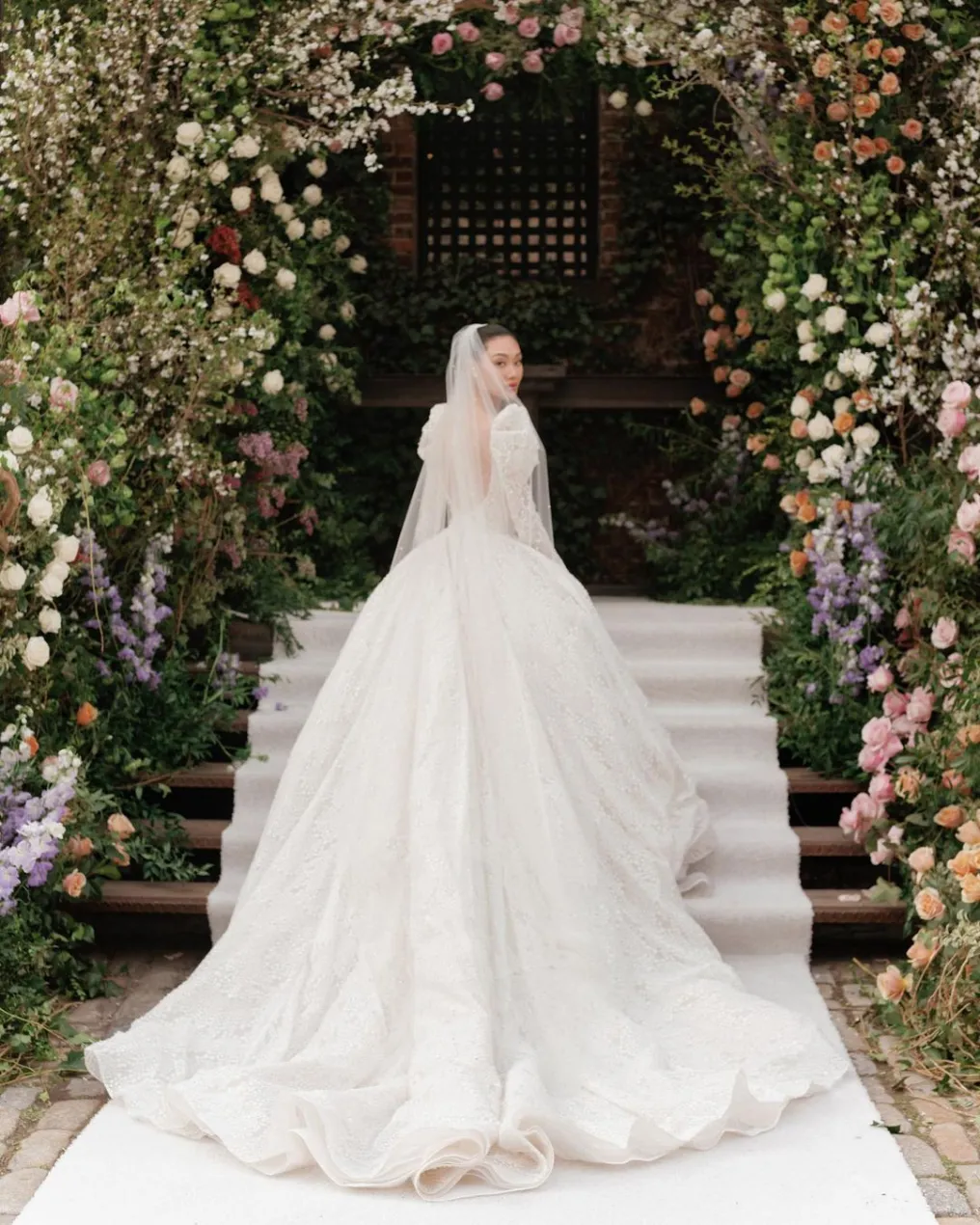AI in Wedding Photography: The New Era of Capturing Memories
- Author: Natali Grace Levine
- Reading time: 6 min 11 sec
- Publication date: 08/03/2023
- Updated: 05/18/2025
There's a futuristic charm to the way we're now capturing the most precious moments in life, especially weddings. AI is not merely assisting photographers but adding a layer of extraordinary brilliance to the timeless celebration of love. What we're talking about here is the cool reality of AI wedding photo editing. It's like giving a skilled artist a magical brush that turns the ordinary into the extraordinary, except this artist works with pixels and algorithms instead of paints. And the best part? Photographers no longer need to spend countless hours editing; AI handles it all, quickly, accurately, and with an unexpected dash of creativity.

How AI for Wedding Photographers Works
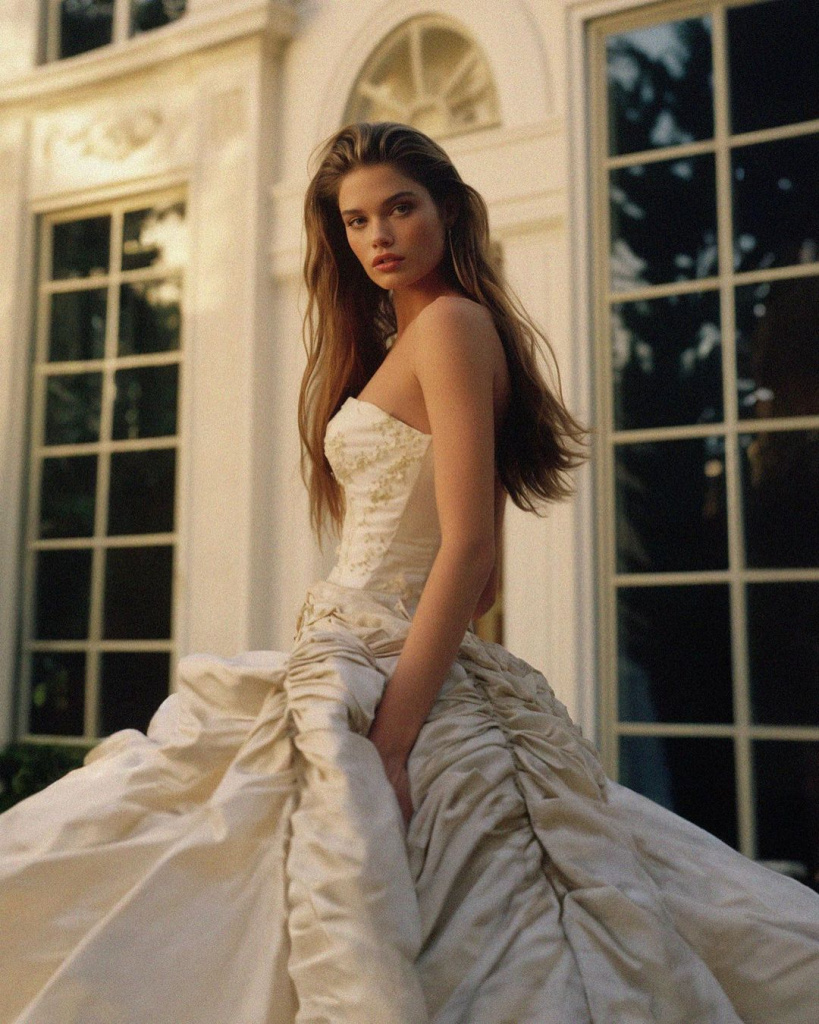
Even the most skilled photographers have their limitations. But with AI wedding photography editing tools, these limitations are shattered, and new possibilities are explored. Let's take a peek into this exciting new world.
Automated Image Selection
Imagine the moment when the wedding is over, and the photographer is left with thousands of images. The process of manually going through each photo, scrutinizing the smiles, the expressions, the lighting, and the composition to select the best ones can be daunting. But, thanks to automated image selection, this task has now been significantly simplified and improved.
AI has this incredible ability to analyze and evaluate hundreds, even thousands, of photos in a fraction of the time it would take a human. But how does it do this? Well, it uses machine learning algorithms to understand what makes a photo 'good.' It can recognize faces, so it knows if the subjects are blinking or if their smiles are genuine. It can detect lighting conditions to determine if the photo is well-lit or underexposed. It can even understand the composition to know if the subjects are positioned well within the frame.
In the world of AI wedding photography, automated image selection is a game-changer. It ensures that only the best photos make it to the final wedding album while saving precious time and effort for the photographer.
Machine Learning in Wedding Photography
There's a particular charm in the way a photographer edits their photos. It's a unique style that sets them apart, whether it's the way they play with light, the colors they emphasize, or the emotions they choose to highlight. But how can this personal touch be incorporated into the fast-paced, automated world of AI? The answer lies here.
Machine learning is a subset of AI that's all about learning and improving from experience. When it comes to wedding photography, machine learning algorithms study a photographer's past edits and learn from them. The AI can then mimic the photographer's style in future edits, maintaining consistency across the wedding album. Moreover, the AI can also offer suggestions based on these preferences, like proposing a certain color grade for a photo or recommending a particular crop based on past choices!
AI Wedding Photography Editing
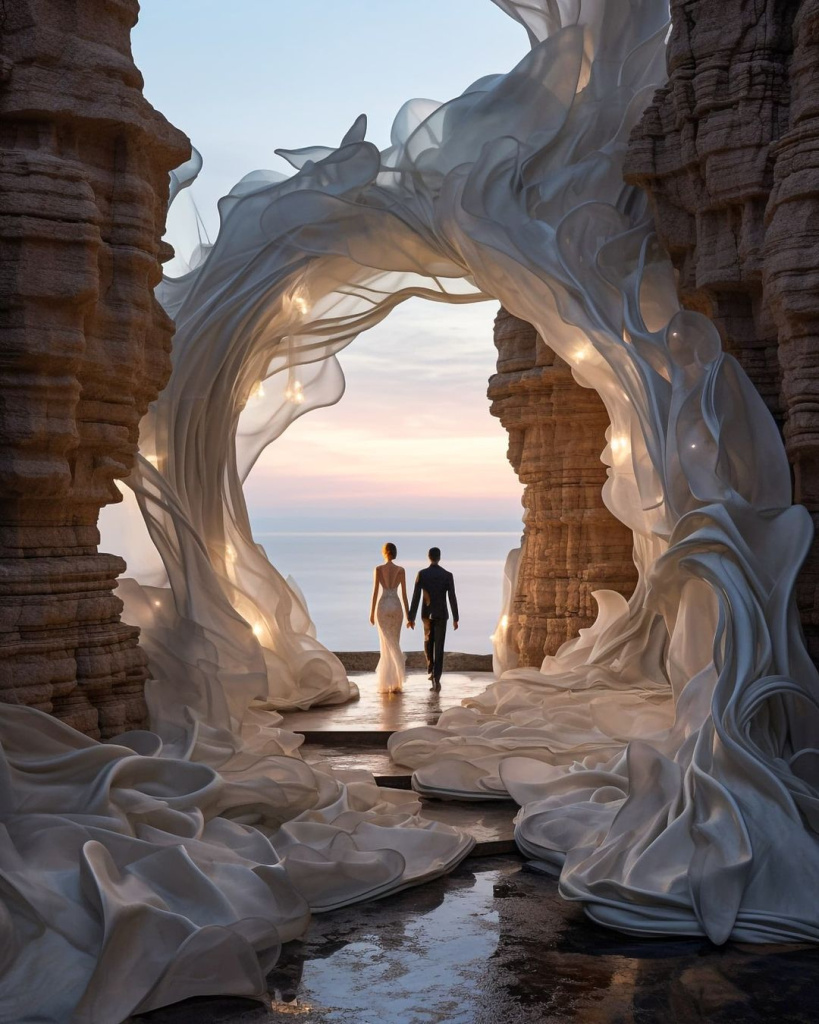
How do you transform thousands of raw wedding photos into a flawless, fairy-tale-like wedding album? Enter AI wedding photography editing, a technology that combines the power of artificial intelligence with the art of photo editing, offering photographers a much-deserved breather and clients a treasure trove of beautifully enhanced images.
AI Algorithms to Enhance Photos
Just imagine, a sea of raw wedding photos taken under varying lighting conditions, from different angles, and with a myriad of expressions - how does one go about turning these raw moments into polished memories? Enter AI algorithms for wedding photographers!
Every photo has its own story and these AI algorithms are designed to understand that story. They intelligently adjust parameters like brightness, contrast, saturation, sharpness, and more, to bring out the best in every photograph. For example, if a photo was taken in low light, the AI would effortlessly amplify the brightness without making the image look artificially lit. Similarly, if an image appears a bit dull, the algorithm can boost the saturation to bring out the vibrant colors, while ensuring the image still looks natural. This transformative power of AI doesn't stop at just color correction or lighting adjustments.
The algorithms also work on other image characteristics such as texture, details, and even the noise level in an image. They can effectively reduce the noise in a photo taken in low light conditions, ensuring the final image is clear and crisp.
Smart Cropping and Composition
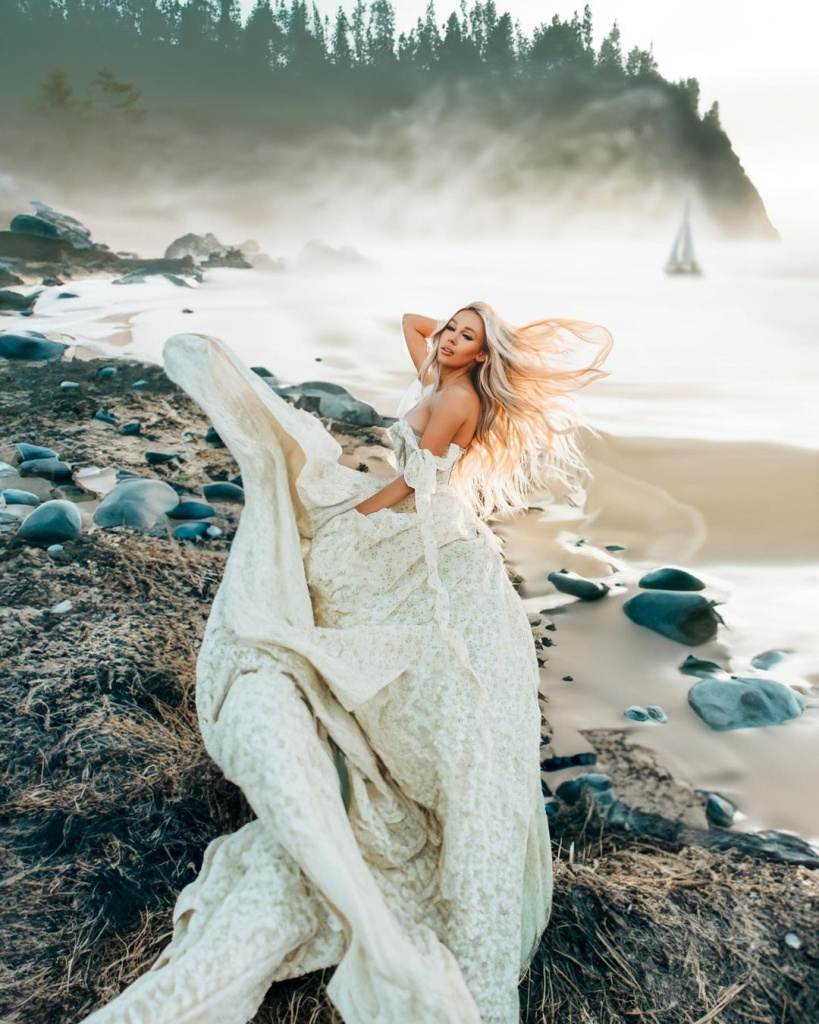
Ever noticed how some photos just seem to ‘pop’ more than others? It’s not always about the subjects or the background, but often about how these elements are placed in the frame. The rule of thirds, golden ratio, balance, and symmetry - are all principles of composition that photographers keep in mind when shooting. But what if these principles could be applied during the editing process as well?
Smart cropping is one of AI’s most useful tools in the editing toolbox. By identifying the main subjects and key elements in a photo, AI can suggest or even apply optimal crops that make the photo more visually appealing. Imagine a photo with the couple at the far end, and a lot of unnecessary empty space at the other. Smart cropping could effortlessly reposition the couple at a more balanced location in the frame, thus drawing more focus to them.
AI-Powered Filters
Let's get one thing straight - we're not talking about your run-of-the-mill Instagram filters here. AI-powered filters are a breed apart. They're not just about slapping a vintage look on a photo or turning it into a black-and-white memory. Instead, these filters work their magic by understanding the unique elements and characteristics of each photo and applying enhancements that complement them perfectly.
What does this mean exactly? Well, for starters, AI-powered filters can identify the key features of a photo. If it's a close-up shot of the couple, the filter might work on enhancing the details and colors, making the couple truly stand out. If it's a wide-angle shot of the wedding venue, the filter might focus more on highlighting the architecture or the decorations, making the venue look even more grand.
Moreover, these filters can adjust their effects based on the lighting conditions and colors present in the photo. If a photo is taken during sunset, the AI could apply a filter that further enhances the golden hues, adding a warm, romantic touch to the photo. If a photo is taken indoors with artificial lighting, the filter could work on balancing the colors and reducing the harshness of the lights.

The Future of AI in Wedding Photography: Possibilities and Challenges
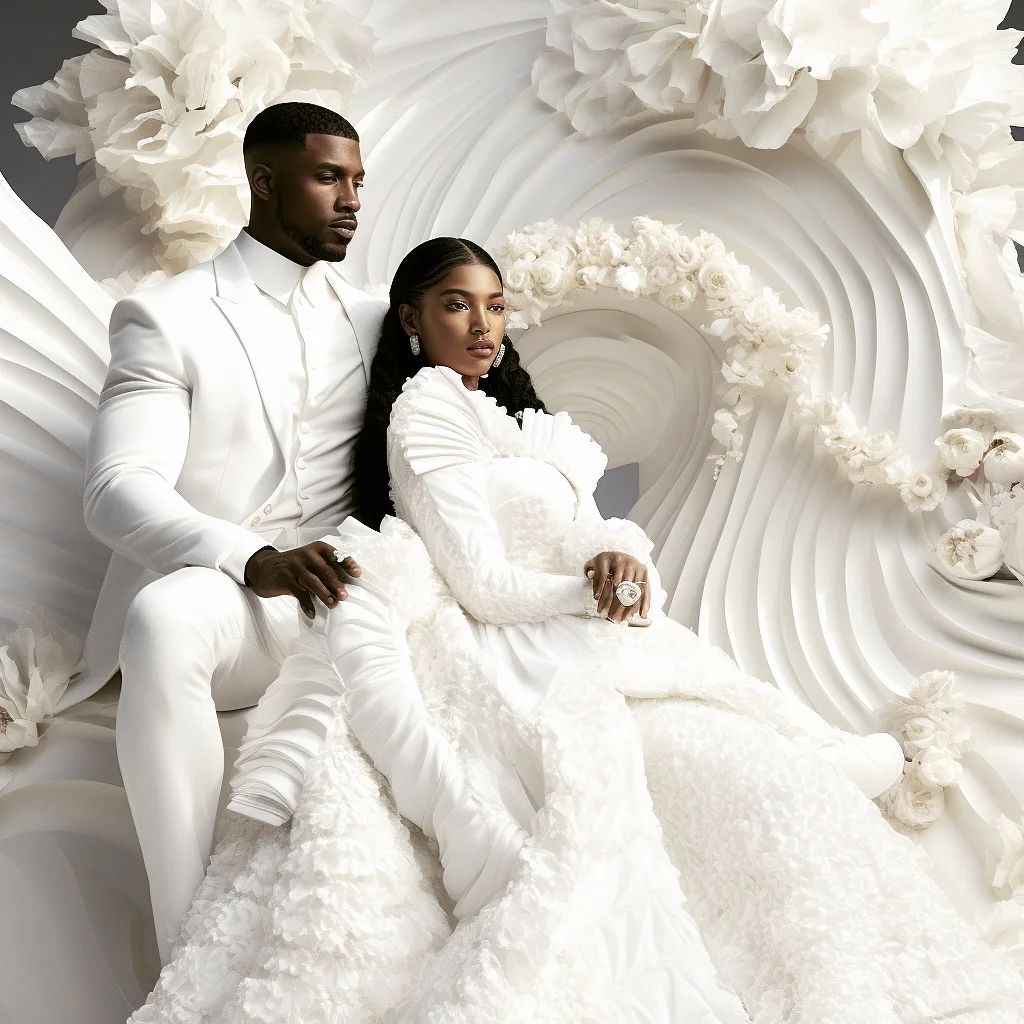
As we delve into the new era of capturing memories with AI, it's equally important to cast our gaze toward the future. What does AI hold for wedding photography in the coming years? What are the potential challenges that might arise with its continued integration? Let's explore these questions and more!
Predictive Photography and Moment Capture
One fascinating area where AI can play a massive role in the future is predictive photography. AI, coupled with machine learning, has the potential to analyze a scene in real time and predict the perfect moment for capturing a photo. Think of those candid, fleeting moments - the father of the bride shedding a tear, the burst of laughter from the groomsmen, or the surprised expression on the bride's face during the best man's speech. With predictive photography, AI can ensure that these precious moments are never missed.
AI as a Creative Partner
While AI is often viewed as a tool for automating tasks, we might see it taking on a more creative role in the future. With advancements in machine learning, AI could evolve from merely mimicking a photographer's style to contributing to the creative process. For instance, it could suggest new compositions or unique editing styles, essentially serving as a creative partner that inspires and challenges the photographer.
Ethics and AI in Photography
With great power comes great responsibility, and this certainly holds true for artificial intelligence wedding photography. As we leverage the capabilities of AI, ethical considerations around privacy and consent become critical. For instance, AI can recognize faces and even emotions, but should it be used to analyze the guests' emotions during a wedding? How do we ensure that the use of AI respects the privacy and rights of the individuals being photographed? These are important questions that need to be addressed as we move forward.
Overcoming Technophobia
Despite the many advantages of AI, there could be resistance from photographers and clients alike due to technophobia or the fear of technology. The key to overcoming this fear is education and demonstration. By showing how AI can enhance the art of wedding photography and by educating photographers about its use, we can break down these barriers and pave the way for more widespread adoption of AI in the field.
Looking at the horizon of AI-powered wedding photos, the potential for growth and evolution is tremendous. However, it is equally essential to navigate the path forward with a balanced perspective, recognizing the challenges, and addressing them with care and responsibility. After all, at the heart of wedding photography lies a very human story, and technology, no matter how advanced, should serve to enhance and not overshadow this beautiful narrative.










